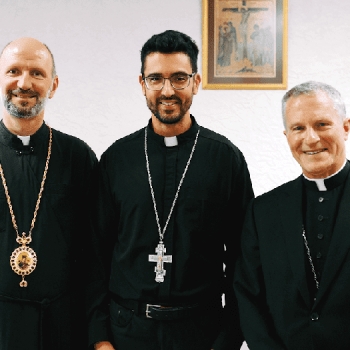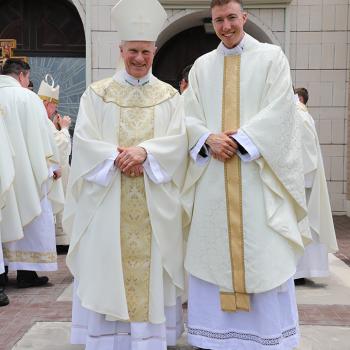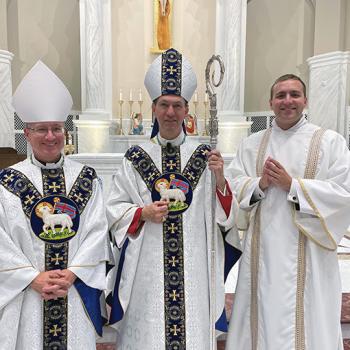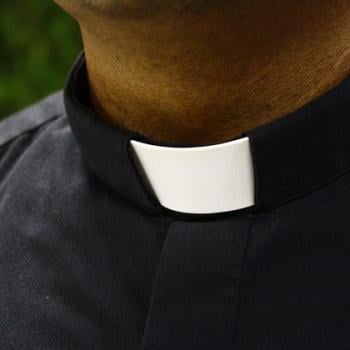
WHAT Is Stewardship?
The dictionary says stewardship concerns careful and responsible management of something entrusted to one’s care. As a biblical concept, stewardship means tending and using what God has given us for His glory and to help others.
The difference between the Christian concept and the world concept of stewardship lies in the identity of who entrusts something. In the world, that person could be a boss, a client, or a family member. A property manager, for example, oversees the care of a building for the owner who may be out of the area or has no time or expertise for the task.
In contrast, biblical stewardship focuses on what the Creator of the world has bestowed. God’s gift might be financial, such as believers blessed monetarily with disposable income. But stewardship extends to non-monetary and even intangible blessings such as free time, excess property, shareable talents, and spiritual gifts.
WHO Should Be A Steward?
The first stewards in the Bible, Adam and Eve, are found in its first book. Genesis 2:15 states God put the man, who we know as Adam, in the Garden of Eden to work it and take care of it. This situation fits the definition of stewardship. The Garden of Eden, as well of the rest of the world, belonged to God. He entrusted these first stewards to be its caretakers.
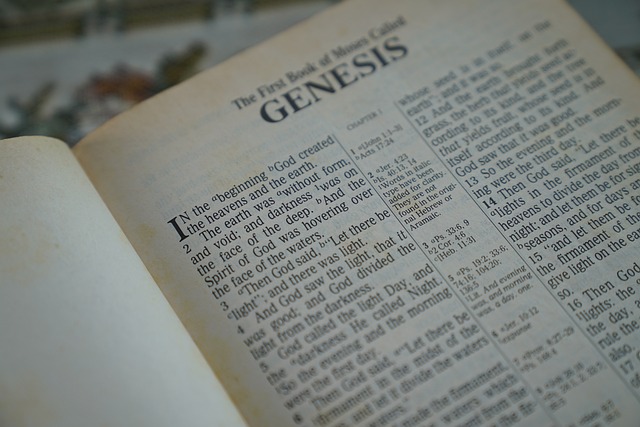
WHY Practice Stewardship?
God made clear from the way He set things up from the beginning that man should serve as His steward in the world. Scripture also expressly identifies a believer’s role as a “steward,” and instructs believers to use the gifts they have received from God to serve others. Serving others constitutes obedience to Jesus’ command to His followers in John 13:34 to love one another. Sharing what we have with others also allows Christians to adhere to Matthew 6:19‘s directive not to store up treasures on earth.
In addition, stewardship provides a means for showing God our gratitude for what He has done for us. He gave us a beautiful world to live in. Thank God by taking care of it for Him. He gave us life. Express appreciation by using that time wisely and to glorify Him. Show love for Him by serving others like He did with whatever gifts He has provided.

WHEN To Practice Stewardship?
According to James 1:17, “Every good and perfect give is from above.” Accordingly, nothing we have been given, whether life, money, property, talents, resources, or opportunities, is ours. So we must be stewards with all we have, requiring an ongoing, continuing practice of stewardship.
A better way of viewing stewardship characterizes it as a lifestyle, not an activity. Stewardship is not a one-time thing or an occasional endeavor. Our responsibility as Christians is to live our lives based on God’s trust in us to manage His gifts well as He desires. The mindset is acknowledging God’s ownership and our corresponding responsibility and accountability to Him. Believers are to always practice stewardship as a result.
WHERE To Practice Stewardship?
Although a biblical concept, stewardship is not a concern only as relates to the church. Our lives and the entire world belong to Him. Thus, any place a believer finds himself is a good place to practice stewardship.
At home, attention can be paid to family budgeting to allow for charitable donations. Efforts can be made to recycle materials used in the house. Unwanted but still usable property can be donated for the needs of others.

HOW To Practice Stewardship?
The H of the five W’s and one H of stewardship is how. The practice of stewardship should involve thinking. One of God’s gifts to us is our mind. He would be pleased if believers put them to work to intelligently use their gifts. Finances, for example, require careful consideration. Devising a budget specifically allotting money for charitable donations (and sticking to it) makes it more likely that money will be available for that purpose and that donations occur regularly. An automatic deduction from a paycheck removes the necessity of having to remember to write a check. And, money won’t accompany believers to heaven, consider drawing up a will leaving money to worthy causes or ministries.

Budgeting time is also helpful. Time is a human’s most valuable asset, and Psalm 90:12 encourages us to use it wisely.
Plan a weekly or monthly schedule which includes volunteer work. Without planning, some other activity will fill that time slot. Planning, however, is not always required. Be open to last minute or real time opportunities which present themselves.
Summarizing Stewardship
Stewardship involves faithfully caring for that given to us. Everything a Christian has, whether tangible (money, property) or intangible (time, opportunities, talents/abilities), comes from God. A believer’s job is to faithfully and wisely use these gifts to glorify God and serve others. To live up to this responsibility, knowing the five W’s and one H of stewardship provides a good foundation.





